Choosing the right SaaS accounting tool for your business can be a daunting task.
It’s an overcrowded market. A single Google search of will turn up more options than any company could try in their entire lifetime. On top of that, they each have their own pricing models, feature sets, and hidden complexities. Not to mention that companies often obscure their pricing behind demo requests, consultations, or intentionally confusing landing pages, making it even more difficult to compare options directly.
So, how do you know which SaaS accounting tool is the best for your company? An easy place to start is by checking out the most popular tools and comparing what others are paying for them. This is where Cledara comes in.
How to Use This List
Since its inception, Cledara has helped manage more than 1.1 million SaaS purchases and renewals from over 4,000 vendors. We have taken that data and packaged it into easy-to-digest guides for everyone to experience.
Pricing
The pricing reflected is an average of what Cledara customers pay for the different tools yearly.
Reviews
User opinions that appear on this list are summaries from user opinions found on popular software review websites like G2, Gartner, and Trustpilot.
Ranking
The raking is based on the popularity of the tools amongst Cledara customers. The more teams hire it, then the higher it will appear in the ranking.
Disclaimer
The tools mentioned on this list do not represent an endorsement or a paid promotion. At the same time, reviews showcased do not represent the view and opinions of Cledara or its employees.
Most Popular Cloud Accounting Tools of 2024 (so far)
Below, you’ll find a list of the 10 most popular SaaS accounting tools of the year. Each with their respective average yearly pricing and main features.
#1 Xero
Xero is cloud-based accounting software that connects business owners with their financial data, advisors, customers, and more. This platform is designed to streamline accounting tasks and provide flexibility for managing business finances from anywhere.
Xero’s Main Features
- Invoicing
- Payroll
- Expense Management
- Inventory Management
- Bank Connections
- Mobile Access
Xero’s Yearly Pricing
Based on the price Cledara customers pay for Xero, the average price for companies of 50 employees or fewer is $700, while those that find themselves between 50 and 150 pay a yearly fee of around $810, and bigger companies of around 150 and 250 employees go up to $910.
Xero’s Reviews
Users appreciate Xero’s intuitive interface and the ease of use for most accounting tasks, especially after overcoming the initial learning curve. However, the platform is not without its drawbacks. Common criticisms include frequent outages, a lack of real-time customer support, and frustration with certain features that require additional assistance from an accountant.
#2 QuickBooks
An online bookkeeping software designed primarily for small businesses. It offers a comprehensive suite of tools to help manage various aspects of business finances, including tracking income and expenses, invoicing, payroll, and generating financial reports.
- Invoicing
- Expense Tracking
- Bank Feeds
- GST & VAT Tracking
- Inventory Management
- Mobile App
- Reports and Insights
- Data Migration
- Integration with Apps
Quickbooks’ Yearly Pricing
Based on the yearly price Cledara customers pay for QuickBooks, the average price for 0-50 Staff is $626, for 50-150 Staff it's $1,049, and for 150-250 Staff it's $1,698.
Quickbooks’ Reviews
Positive feedback for Quickbooks tends to revolve around ease of use and integration capabilities, while criticisms address customization limitations, pricing, and customer support issues.
#3 Sage
A provider of cloud-based business management software designed to support small and SMEs in managing their finances, operations, and human resources. Sage offers a range of solutions tailored to different business sizes and industries, helping companies streamline their processes.
Sage’s Main Features
- Accounting and Financial Management
- ERP Solutions
- HR Management (Sage HR)
- CRM
- Industry-Specific Solutions
- Billing and Invoicing
- Human Capital Management
- Compliance and Security
Sage’s Yearly Pricing
Typically between $480 and $1,670, with an average of $745.
Sage’s Reviews
Overall, Sage receives strong praise for user-friendliness, support quality, and long-term reliability, with most reviewers highly recommending it for business use. On the downside, there are occasional reports of bugs or glitches, particularly in inventory management and payroll functionalities.
#4 NetSuite
NetSuite is a comprehensive cloud-based business management suite that integrates ERP, financial management, CRM, and e-commerce into one unified platform.
NetSuite’s Main Features
- ERP/Financial Management
- CRM
- Global Business Management
- Human Capital Management
- Professional Services Automation (PSA)
- Omnichannel Commerce
- Analytics & Reporting
- Global Business Management
NetSuite’s Yearly Pricing
Yearly costs for NetSuite tend to be around $13,180 for smaller companies and goes up for bigger enterprises.
NetSuite’s Yearly Reviews
Users appreciate NetSuite’s robust reporting capabilities, ease of data import, and the ability to integrate with other online bookkeeping software, making it a versatile tool for managing multiple aspects of business operations. Common criticisms include challenges with system speed on certain pages, complexity in setting up workflows and scripting without adequate training.
#5 Exact
Exact is a cloud-based business software solution designed for small and medium-sized enterprises (SMEs) and their accountants. It is particularly well-known in the Benelux region, where it is the market leader.
Exact’s Main Features
- Financial Solutions
- ERP Solutions
- HRM Solutions
- CRM Solutions
- Industry-Specific Solutions
- Real-Time Data Access
Exact’s Yearly Pricing
Average price paid for Exact yearly is $1,460.
Exact’s Yearly Reviews
Overall, Exact is valued for its ease of use in time tracking, task management, and generating reports, although integration limitations and occasional usability issues are noted concerns.
#6 Futrli
A cloud-based platform designed to provide real-time cash flow forecasting, reporting, and performance insights for businesses, accountants, and bookkeepers. Futrli is particularly beneficial for those who need accurate, up-to-date financial forecasting and customized reporting to support strategic decision-making.
Futrli’s Main Features
- Daily Cash Flow Forecasting
- Bespoke Reporting and Dashboards
- Budgets and Scenario Modelling
- 3-Way Forecasting
- Performance Insights
- Unlimited Users
Futrli’s Yearly Pricing
Typically between $330 and $1,840, with an average of $400.
Futrli’s Yearly Reviews
Futrli receives positive feedback for its forecasting and financial management tools, particularly praised for its three-way financial forecasting capabilities. However, there are criticisms regarding occasional glitches, limited customization options, and integration challenges, especially with QuickBooks. But overall, Futrli is valued for its comprehensive financial insights despite some technical and integration issues reported by users.
#7 SaaSAnt
A provider of advanced automation solutions designed to streamline accounting processes for businesses and accountants. The platform offers seamless integration with popular accounting software such as QuickBooks and Xero, enabling users to automate and manage large volumes of financial data efficiently.
SaaSAnt’s Main Features
- Automated Data Import/Export
- E-Commerce Accounting
- PayTraQer
- Expense Management
- Tailored Solutions for Various Business Needs
- Enhanced Process Efficiency
- Seamless Integration
- Customizable Reporting
SaaSAnt’s Yearly Pricing
Average price paid is $150.
SaaSAnt’s Reviews
Users generally praise SaasAnt’s strengths in reducing manual data entry, providing efficient customer support, and improving overall workflow integration with QuickBooks Online. They also appreciate the time savings and reliability of the software, with minimal reported issues.
#8 Mayday
Mayday is a specialized software solution designed to enhance the capabilities of multi-entity businesses that use Xero as their accounting platform. It automates and simplifies complex accounting tasks such as intercompany balances, recharges, and cross-entity bank reconciliations.
Mayday’s Main Features
- Intercompany Balances and Recharges
- Recharger
- Discrepancy Detection and Adjustment
- Balancer
- Cross-Entity Bank Reconciliation
- Browser Extension
Mayday’s Yearly Pricing
Average yearly price paid is $470.
Mayday’s Reviews
Overall, Mayday receives positive feedback for simplifying complex financial processes, providing excellent support, and delivering significant time savings and error reduction across various functionalities like Balancer and BRAG.
#9 FreeAgent
An online accounting software designed specifically for freelancers, small business owners, and their accountants. It provides a comprehensive platform that simplifies financial management by integrating essential accounting tasks into one easy-to-use system.
FreeAgent’s Main Features
- Automated Invoicing
- Expense Tracking
- Project Management
- Automatic Bank Feeds
- Time Tracking
- Estimates and Quotes
- Dashboard Overview
FreeAgent’s Yearly Pricing
Average price paid is $830.
FreeAgent’s Reviews
Users appreciate FreeAgent’s ease of use, especially for small businesses. Many find it intuitive and effective for managing finances, particularly under Making Tax Digital requirements. While criticisms include occasional glitches, like difficulties with specific functionalities such as automated payment links and email estimates, these are overshadowed by the overall positive experience.
#10 Lightyear
A cloud-based platform designed to automate purchasing and accounts payable processes. It provides a comprehensive solution for businesses to manage their procurement, bookkeeping, and bill approval workflows within one intuitive interface.
Lightyear’s Main Features
- Purchase Orders
- Intelligent Data Extraction
- Automated Bookkeeping
- Price Check
- 3-Way Matching
- Bank Verification and Fraud Detection
- Auto Reconcile Statements
- Multi-Tiered Approvals
- Integrations
- Cross-Platform Features
Lightyear’s Yearly Pricing
Average yearly pricing for Lightyear is $1,610.
Lightyear’s Reviews
Overall, Lightyear appears to be highly valued for its ability to streamline accounts payable operations, its user-friendly interface, and excellent customer support. Integrations with popular accounting software and ongoing improvements in features contribute positively to its user satisfaction.
How to choose amongst the best SaaS accounting software for your business
When it comes to the best SaaS accounting software and applications, there is no such thing as ‘perfect’. It is all too common for a business to subscribe to a tool, only to adopt a second one that complements the first one. Think of the owner of an online store that needs Shopify to manage their products and a solution like Quickbooks to sort out the invoices. Unless a SaaS accounting tool is bespoke, it will never satisfy 100% of anybody’s needs.
This is because, until recently, SaaS tools tried to adapt to most types of businesses. So when developing their software, brands would focus on the most demanded features. A democratic strategy, sure, but also one that would probably not satisfy a customer with specific needs.
That being said, the market of Cloud and SaaS is a crowded one and, in order to stand out, new players are looking at niche sectors. These vertical solutions look to satisfy very specific needs. So the right tool for your business might be out there, and if not, it’s probably being developed as we speak.
To help you in your search, we will list a series of key factors you should consider when looking for a new SaaS accounting tool:
Core Features and Functionality
- Comprehensive Accounting Modules: Make sure the tool includes essential modules such as general ledger, accounts payable, accounts receivable, payroll, and financial reporting.
- Automation Capabilities: Look for automation in repetitive tasks such as invoicing, expense tracking, reconciliation, and tax calculations to save time and reduce errors.
- Integration with Other Systems: The tool should integrate seamlessly with existing systems (e.g., CRM, ERP, HR software) to provide a unified view of financial and operational data. For example, NetSuite, Quickbooks, and Xero are all compatible with Cledara.
Scalability and Flexibility
- Scalability: The tool should be able to grow with the business, handling increased transaction volumes and more complex accounting needs as the company expands.
- Customization: Look for customization options to tailor the software to specific business processes and reporting requirements.
Security and Compliance
- Data Security: Ensure the tool offers robust security features, including encryption, multi-factor authentication, and regular security audits to protect sensitive financial data.
- Regulatory Compliance: The tool should help maintain compliance with local and international accounting standards (e.g., GAAP, IFRS) and industry-specific regulations.
User Experience and Support
- User-Friendly Interface: The software should have an intuitive interface that makes it easy for accounting teams to navigate and perform their tasks efficiently.
- Training and Support: Evaluate the availability and quality of training resources, customer support, and onboarding assistance to ensure smooth adoption and ongoing use.
Reporting and Analytics
- Advanced Reporting: Look for tools that offer robust reporting features, including customizable financial reports, dashboards, and real-time analytics to support strategic decision-making.
- KPIs and Metrics: The ability to track key performance indicators (KPIs) and metrics that are important to the business.
Cost and ROI
- Transparent Pricing: Ensure the pricing model is clear and fits within the budget. Consider the total cost of ownership, including subscription fees, implementation costs, and any additional charges for upgrades or extra features.
- Return on Investment: Assess the potential ROI by considering how the tool can improve efficiency, reduce costs, and support business growth.
Vendor Reputation and Stability
- Vendor Reputation: Research the vendor’s reputation, customer reviews, and industry standing to ensure they are a reliable partner.
- Continuous Improvement: Choose a vendor committed to continuous improvement and innovation, regularly updating their tool to keep up with industry trends and customer needs.
Mobile Accessibility
- Mobile Features: The tool should offer mobile access, allowing CFOs and accounting teams to manage finances and access crucial data on the go.
Collaboration Features
- Collaboration Tools: Look for features that facilitate collaboration between finance teams and other departments, such as shared access, user roles, and permissions, and communication tools within the platform.
Implementation and Integration Ease
- Ease of Implementation: Assess how straightforward the implementation process is and whether the vendor provides sufficient support during this phase. Keep in mind that a brand will probably never say on their own website that their product is hard to install, so you should probably check out review websites such as G2, Gartner, and Trustpilot for a straightforward answer.
- Data Migration: Ensure the tool allows for smooth migration of data from legacy systems without significant disruptions.
To learn more about procurement, check out our guides on software licenses and contracts.






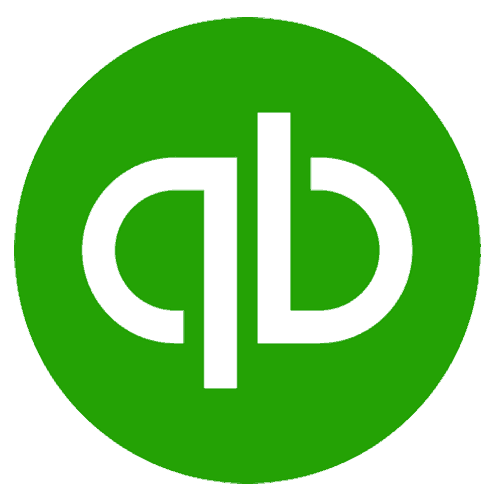

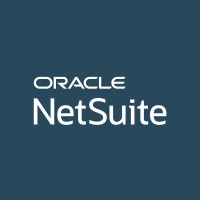
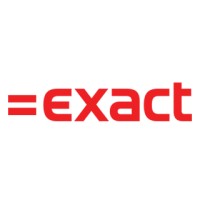
.png)
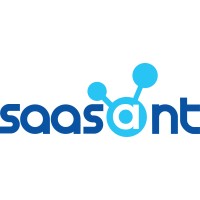

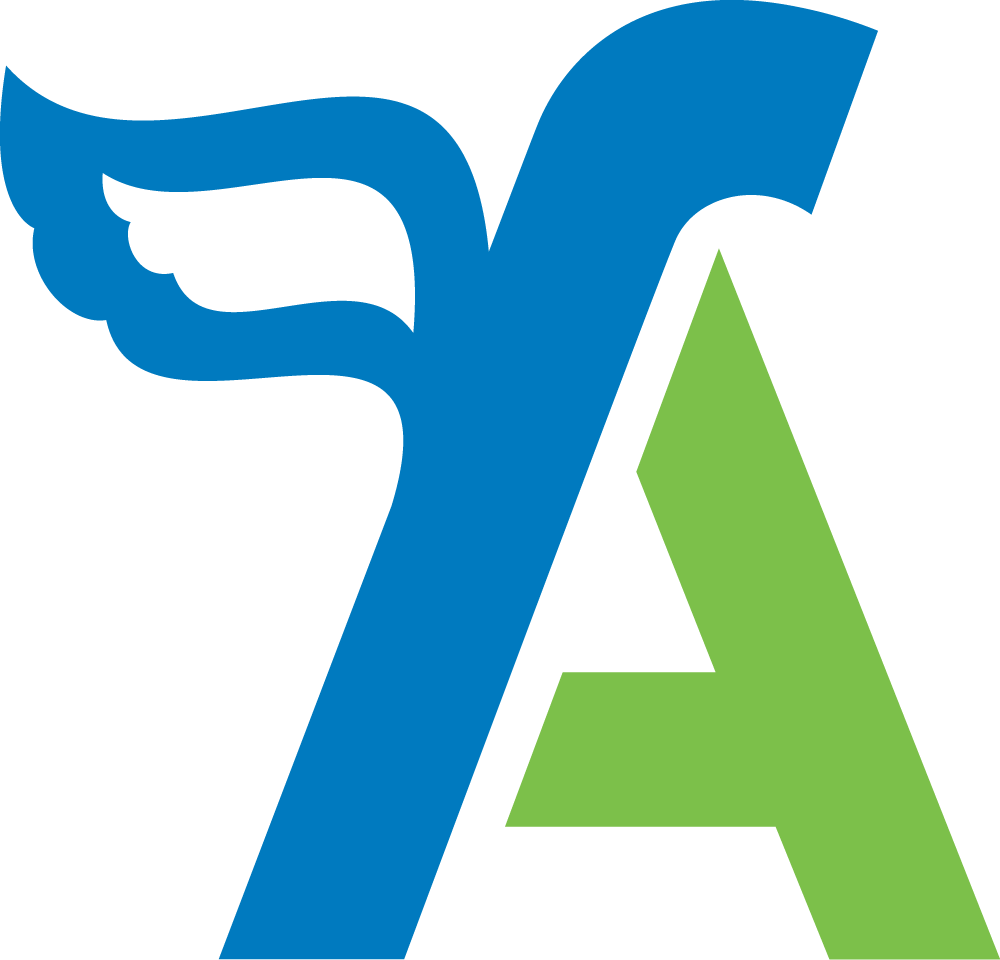
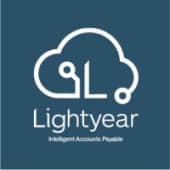
 NetSuite
NetSuite
 Zoho Books
Zoho Books
 Wave
Wave
 FreshBooks
FreshBooks
 MYOB
MYOB
 Kashoo
Kashoo












.webp)



